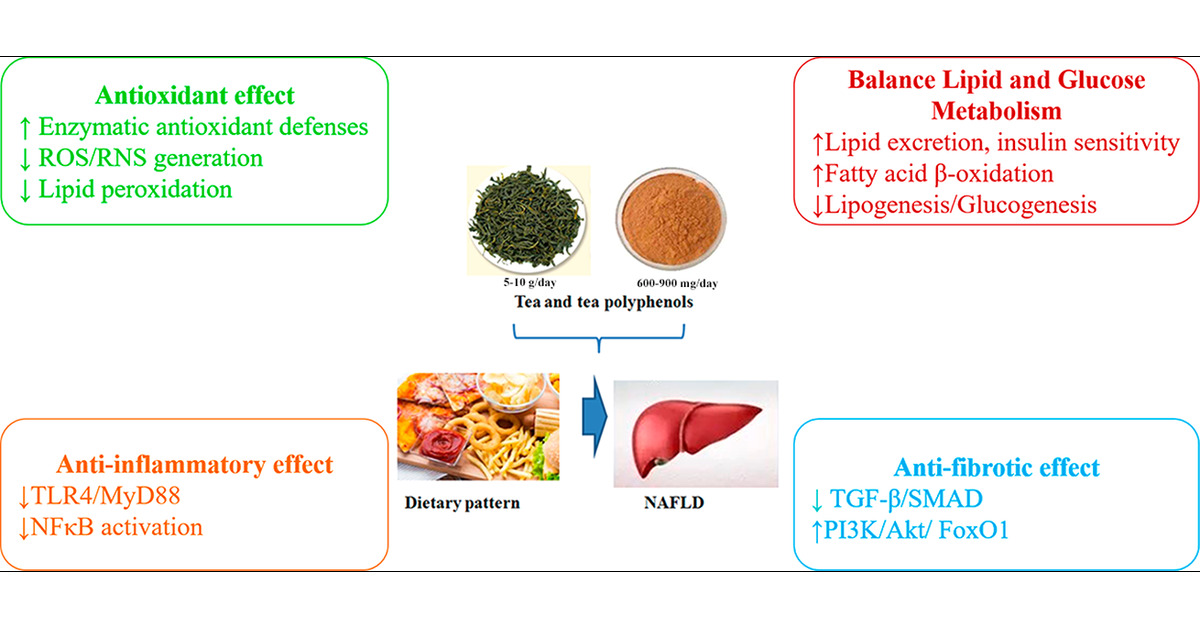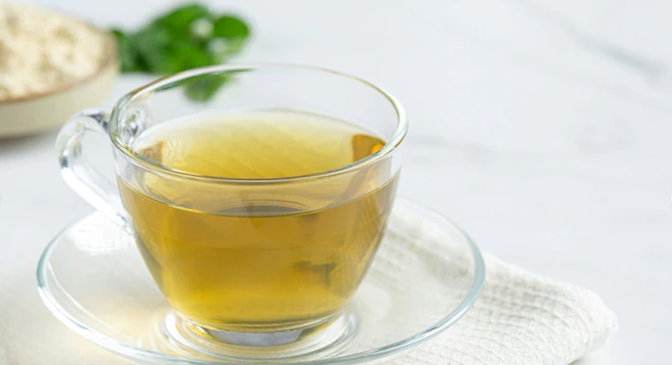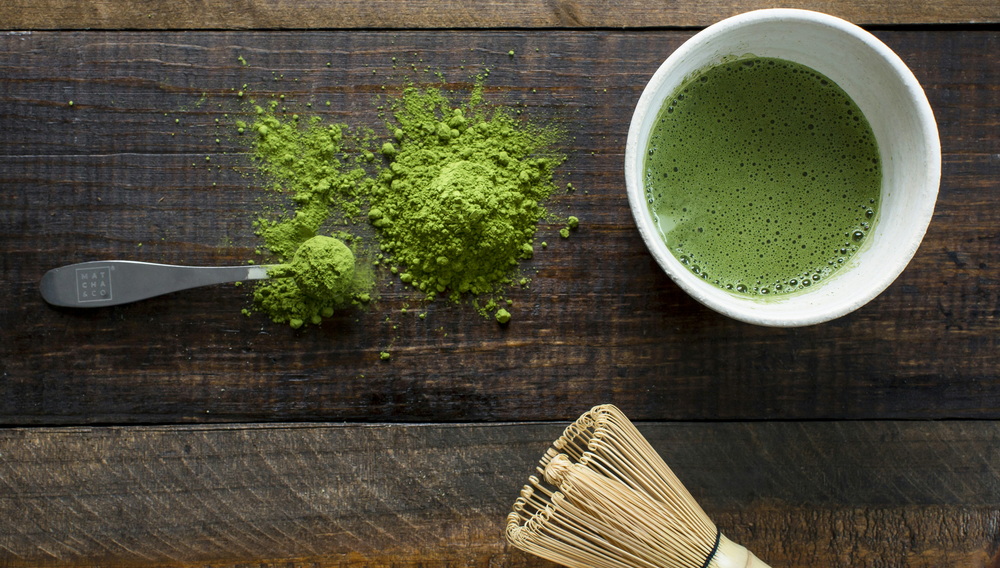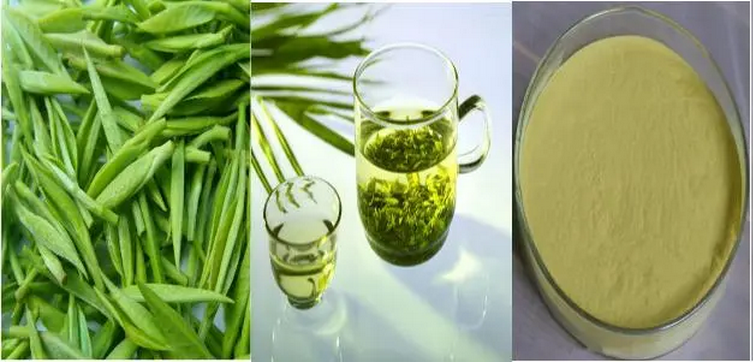Content Menu
● Understanding Green Tea Extract
● The Liver: A Vital Organ at Risk
● The Potential for Liver Damage
● Scientific Evidence and Case Reports
● Factors Influencing Liver Risk
● Balancing Benefits and Risks
● Regulatory Considerations
● Ongoing Research and Future Directions
● Conclusion
● Questions and Answers
Green tea, a beverage that has been consumed for centuries, is often celebrated for its numerous health benefits. Rich in antioxidants and believed to promote weight loss, improve brain function, and even reduce the risk of certain cancers, green tea has become a staple in many health-conscious individuals' diets. However, in recent years, a growing concern has emerged regarding the potential liver damage associated with green tea extract, a concentrated form of green tea often found in dietary supplements. This article delves into the complex relationship between green tea extract and liver health, exploring the scientific evidence, potential risks, and considerations for safe consumption.

Understanding Green Tea Extract
Green tea extract is derived from the leaves of the Camellia sinensis plant, the same source as traditional green tea. The extract is a concentrated form of the beneficial compounds found in green tea, particularly catechins. Among these catechins, epigallocatechin-3-gallate (EGCG) is the most abundant and is believed to be responsible for many of the health benefits associated with green tea consumption.
Green tea extract is commonly available in supplement form, often marketed for its potential to aid in weight loss, boost metabolism, and provide antioxidant protection. These supplements can contain significantly higher concentrations of catechins, especially EGCG, compared to a typical cup of brewed green tea.
The Liver: A Vital Organ at Risk
The liver plays a crucial role in our body's metabolic processes, detoxification, and overall health. It processes everything we consume, including nutrients, medications, and potentially harmful substances. Given its central role in metabolism, the liver is particularly vulnerable to damage from various sources, including certain dietary supplements.
When it comes to green tea extract, the liver's involvement is twofold. On one hand, the liver processes the beneficial compounds in green tea, potentially contributing to the extract's health benefits. On the other hand, the high concentration of catechins, particularly EGCG, in green tea extract supplements may pose a risk to liver health under certain circumstances.

The Potential for Liver Damage
Reports of liver damage associated with green tea extract consumption have raised concerns in the medical community. While traditional green tea consumption is generally considered safe, the concentrated nature of green tea extract supplements has been linked to cases of liver injury, ranging from mild elevations in liver enzymes to severe hepatitis and, in rare cases, liver failure requiring transplantation.
The mechanism by which green tea extract may cause liver damage is not fully understood, but several theories have been proposed:
1. Oxidative Stress: While catechins are known for their antioxidant properties, at high doses, they may paradoxically induce oxidative stress in liver cells.
2. Direct Toxicity: The concentrated EGCG in green tea extract may have a direct toxic effect on liver cells when consumed in large amounts.
3. Immune-Mediated Reaction: Some individuals may develop an immune response to components of green tea extract, leading to liver inflammation.
4. Individual Susceptibility: Genetic factors or pre-existing liver conditions may make some people more susceptible to green tea extract-induced liver injury.
Scientific Evidence and Case Reports
Numerous case reports and studies have documented instances of liver injury associated with green tea extract consumption. These reports often involve individuals who consumed green tea extract supplements for weight loss or general health purposes. The severity of liver damage reported ranges from asymptomatic elevations in liver enzymes to acute hepatitis and, in rare cases, liver failure.
One notable case involved a teenage boy who developed acute liver failure after consuming a weight-loss product containing green tea extract. His condition was severe enough to require consideration for liver transplantation, though fortunately, he recovered with supportive care and discontinuation of the supplement.
Research studies have also investigated the potential hepatotoxicity of green tea extract. Some animal studies have shown that high doses of green tea extract can induce liver damage, particularly when administered in fasting conditions or as a bolus dose. However, it's important to note that the doses used in these studies often far exceed typical human consumption levels.
Human studies have yielded mixed results. Some clinical trials using green tea extract supplements have reported no significant liver-related adverse effects, while others have observed mild elevations in liver enzymes in a small percentage of participants. The variability in these findings suggests that individual factors may play a significant role in determining susceptibility to green tea extract-induced liver injury.

Factors Influencing Liver Risk
Several factors may influence the potential for green tea extract to cause liver damage:
1. Dosage: Higher doses of green tea extract, particularly those exceeding 800 mg of EGCG per day, may increase the risk of liver injury.
2. Form of Consumption: Consuming green tea extract as a supplement, especially in capsule form on an empty stomach, may pose a greater risk than drinking brewed green tea.
3. Duration of Use: Long-term, regular use of high-dose green tea extract supplements may increase the likelihood of liver problems.
4. Individual Factors: Genetic variations, pre-existing liver conditions, and concurrent use of medications or other supplements may affect an individual's susceptibility to green tea extract-induced liver injury.
5. Quality of the Supplement: The purity and quality of green tea extract supplements can vary widely, and contaminants or adulterants in low-quality products may contribute to liver damage.
Balancing Benefits and Risks
Despite the potential risks associated with green tea extract, it's important to consider the broader context of its use and potential benefits. Green tea and its extracts have been associated with numerous health benefits, including potential protection against cardiovascular disease, certain types of cancer, and metabolic disorders like obesity and type 2 diabetes.
The key to safely harnessing the benefits of green tea while minimizing the risk of liver damage lies in moderation and informed use. Here are some guidelines to consider:
1. Choose Brewed Tea: Opt for traditionally brewed green tea instead of concentrated supplements when possible. The risk of liver injury from drinking green tea is extremely low.
2. Follow Recommended Dosages: If using green tea extract supplements, adhere strictly to the recommended dosages and avoid exceeding them.
3. Avoid Fasting Consumption: Take green tea extract supplements with food rather than on an empty stomach to potentially reduce the risk of liver injury.
4. Be Aware of Interactions: Consult with a healthcare provider before using green tea extract supplements, especially if you have pre-existing liver conditions or are taking medications that may affect liver function.
5. Monitor for Symptoms: Be vigilant for signs of liver problems, such as abdominal pain, dark urine, or jaundice, and discontinue use immediately if these occur.
6. Choose Quality Products: If opting for supplements, select those from reputable manufacturers that undergo third-party testing for purity and potency.

Regulatory Considerations
The regulatory landscape surrounding green tea extract varies by country. In some regions, green tea extract is classified as a dietary supplement and is subject to less stringent regulations than pharmaceutical products. This classification can lead to variability in product quality and safety.
In response to reports of liver injury, some regulatory bodies have taken action. For example, France suspended the marketing of a weight-loss product containing green tea extract due to concerns about hepatotoxicity. In other countries, warnings have been issued to consumers and healthcare providers about the potential risks associated with green tea extract supplements.
Ongoing Research and Future Directions
As concerns about green tea extract and liver health continue to emerge, ongoing research aims to better understand the mechanisms of potential liver injury and identify factors that may increase individual susceptibility. Some areas of focus include:
1. Genetic Factors: Investigating genetic variations that may predispose individuals to green tea extract-induced liver injury.
2. Biomarkers: Developing biomarkers to identify individuals at higher risk of adverse liver effects from green tea extract consumption.
3. Safe Dosage Guidelines: Establishing evidence-based guidelines for safe consumption of green tea extract supplements.
4. Long-term Effects: Studying the long-term effects of green tea extract consumption on liver health and overall well-being.
5. Formulation Improvements: Exploring ways to formulate green tea extract supplements that maintain benefits while minimizing the risk of liver injury.

Conclusion
The question of whether green tea extract can damage your liver does not have a simple yes or no answer. While green tea extract has been associated with cases of liver injury, the overall risk appears to be low when consumed in moderation and according to recommended guidelines. The potential benefits of green tea and its extracts are numerous and well-documented, but these must be weighed against the possible risks, particularly for individuals with pre-existing liver conditions or those consuming high doses of green tea extract supplements.
As with any dietary supplement, it's crucial to approach green tea extract use with caution and informed decision-making. Consulting with a healthcare provider before starting any new supplement regimen is always advisable, especially for those with existing health concerns or those taking medications.
Ultimately, the safest way to enjoy the benefits of green tea may be through the traditional method of brewing and drinking the tea itself. This time-honored practice not only minimizes the risk of liver injury but also allows for the enjoyment of green tea's rich flavor and cultural significance.
As research continues to evolve, our understanding of the relationship between green tea extract and liver health will undoubtedly deepen. In the meantime, moderation, awareness, and consultation with healthcare professionals remain the best approaches to safely incorporating green tea and its extracts into a healthy lifestyle.

Questions and Answers
Q: Is drinking brewed green tea as risky as taking green tea extract supplements?
A: No, drinking brewed green tea is generally considered safe and poses a much lower risk of liver damage compared to concentrated green tea extract supplements. The risk of liver injury from drinking green tea is extremely low.
Q: How much green tea extract is considered safe to consume daily?
A: While there's no universally agreed-upon safe dose, many studies suggest that up to 800 mg of green tea extract (containing about 50% EGCG) per day is generally safe for most adults. However, it's always best to consult with a healthcare provider for personalized advice.
Q: What are the symptoms of liver damage from green tea extract?
A: Symptoms of liver damage may include abdominal pain, dark urine, jaundice (yellowing of the skin or eyes), nausea, fatigue, and in severe cases, signs of liver failure. If you experience any of these symptoms while taking green tea extract, discontinue use and seek medical attention immediately.
Q: Are some people more susceptible to liver damage from green tea extract?
A: Yes, some individuals may be more susceptible due to factors such as genetic variations, pre-existing liver conditions, concurrent use of certain medications, or a history of alcohol abuse. People with these risk factors should be especially cautious and consult a healthcare provider before using green tea extract supplements.
Q: Can green tea extract interact with medications?
A: Yes, green tea extract can interact with various medications, including blood thinners, certain antibiotics, and some psychiatric medications. It may also affect the absorption of iron from food. Always inform your healthcare provider about all supplements you're taking, including green tea extract.

































